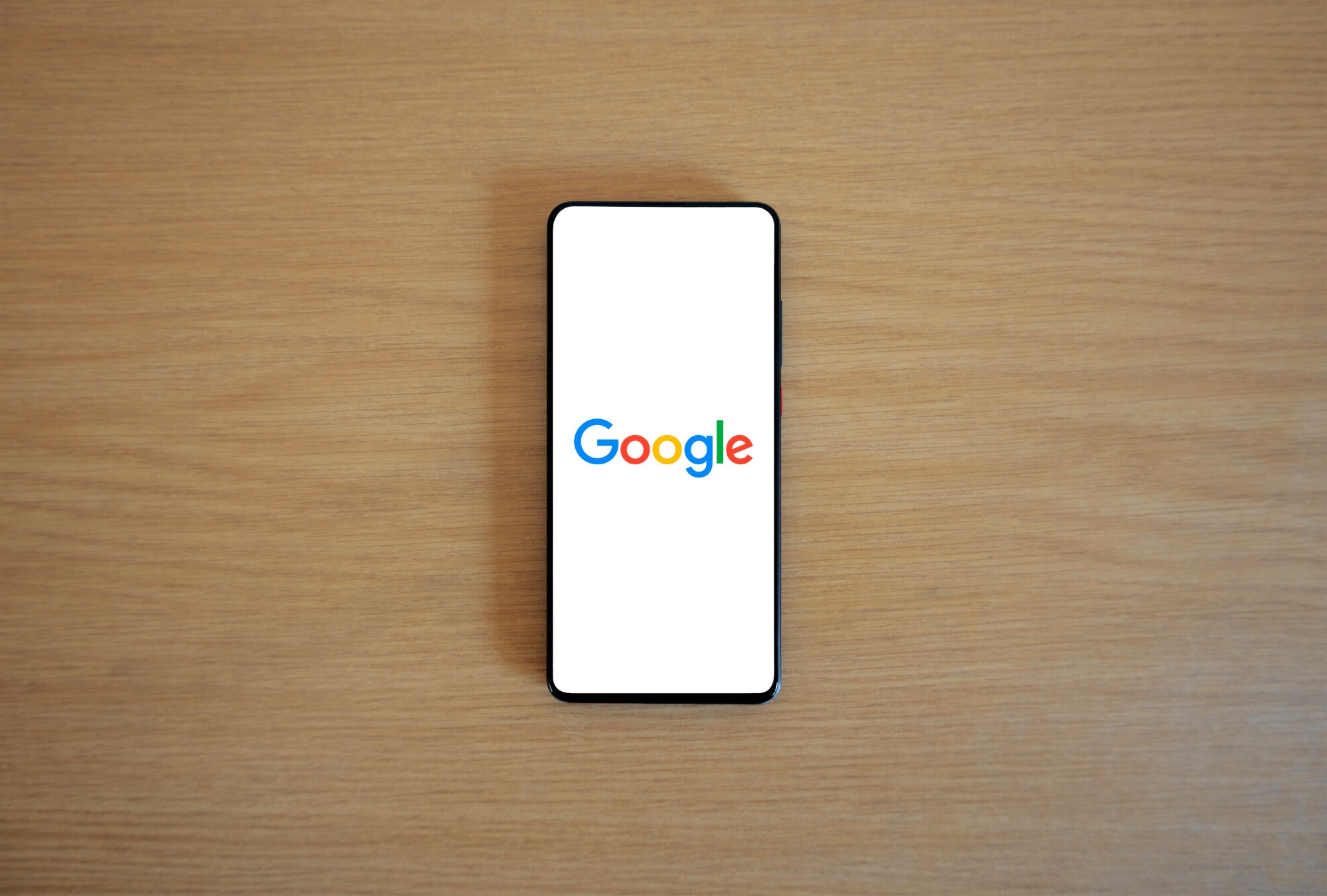Contact Us
Archives
Categories
- Data Privacy
- Kentucky Consumer Data Protection Act
- Government shutdown
- Federal Communications Commission
- FTC
- AI
- Freedom of Speech
- Social Media Policies
- U.S. Supreme Court
- Social Media
- Copyright License
- Collegiate Athletics
- e-commerce
- Online Privacy
- Streaming
- Contract
- Name, Image, and Likeness
- Publicity Rights
- Trade Secrets
- Trademark
- Audit
- Closely Held Businesses
- Copyright
- Employment Law
- Independent Contractors
- Intellectual Property
- Work for Hire
No, Google, I Don’t Want You to Write My Letter
The 2024 Olympics have come to a close, and as we all look back on the memories made and records set in Paris (and Tahiti, of course!), I can’t help but focus on a commercial that irritated me to no end. The commercial promoted Google’s Gemini AI technology by featuring a proud father working with his impressionable daughter, who the ad tells us was looking up to track star Sydney McLaughlin-Levrone. The doting but modest father explains that his daughter “wants to show Sydney some love (by writing a letter), and I’m pretty good with words, but this has to be just right. So Gemini: Help my daughter write a letter telling Sydney how inspiring she is, and be sure to mention that my daughter plans on breaking her world record one day.”
This is the wrong message for America. It is the wrong message for youngsters learning to do their own work and find their own voice. And it is especially wrong to rely on other people’s—or machine’s—work. Apparently much of America agreed with me, as Google pulled the commercial during the Olympics. 
For the record, nothing Google Gemini writes or creates or prepares is copyrightable or otherwise protectable. Artificially-generated content—be it a letter, poem, book, or art piece—cannot be copyright-protected. The United States Copyright Office is working furiously to keep up with this technology, and it has just published Part 1 of its report on Artificial Intelligence, which addresses digital replicas. The courts are working through these new, changing, and complicated issues, and we lawyers are doing our best to stay on top of AI technologies and how the law works to protect and advance—and guard against—them.
Don’t get me wrong, the point of this piece isn’t to slam AI. Efficiencies are great, and technology is terrific for improving efficiencies. As I write this, Microsoft is predicting what the rest of each word and each sentence is going to be. And it is catching misspellings and helping my sentence structure. When we lawyers research caselaw, our research tools likely use artificial intelligence to efficiently track down the answers to our questions. My online legal search habits have led to a constant stream of articles and updates on the world of copyright, trademark, right of publicity, and, yes, artificial intelligence law. AI is incredible at performing these tasks, and these powerful tools will alter and, in many ways, improve our lives. We must understand how those tools work and take advantage of them—to increase our own knowledge base and to provide efficiencies for our clients. But do not substitute AI’s work for your own. We do our own writing, drafting, creating, and arguing, just as our clients do their own creating and innovating ideas that we can protect for them through copyright and trademark registrations.
Thank you, Google. You do great things. But my kid will write her own letter to her heroes.
 Bruce Paul is a Member of McBrayer PLLC, practicing in the firm's Louisville office. His law practice primarily focuses on intellectual property, copyright law, trademarks, commercial and business litigation, employment law, and infringement litigation. Mr. Paul can be reached at bpaul@mcbrayerfirm.com or (502) 783-6245.
Bruce Paul is a Member of McBrayer PLLC, practicing in the firm's Louisville office. His law practice primarily focuses on intellectual property, copyright law, trademarks, commercial and business litigation, employment law, and infringement litigation. Mr. Paul can be reached at bpaul@mcbrayerfirm.com or (502) 783-6245.
Services may be performed by others. This article does not constitute legal advice.

